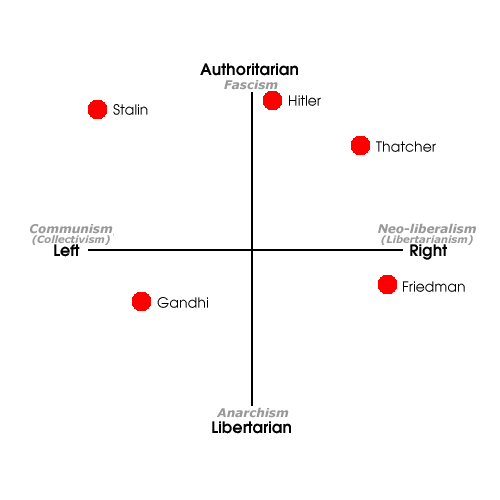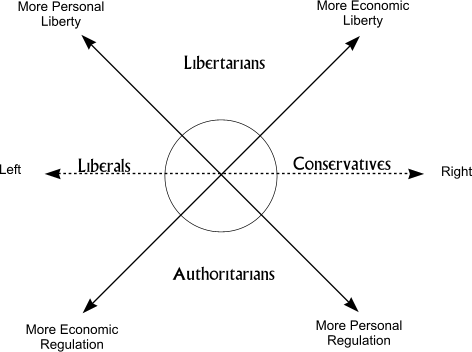bripat9643
Diamond Member
- Apr 1, 2011
- 170,158
- 47,300
- 2,180
Every one of those "characteristics" fits progressive, communist, socialist and religious theocracies as well. That's the problem with the list, it is so non specific, and general, as to be useless other than showing that pretty much all collectivist government systems suck in some manner or other.
Another dishonest post, using the half-truth, a lie by omission. These characteristics do not define the liberal or progressive; and each of the other noted ideologies can but are not always examples of an Authoritarian Regime, which is what fascism (small f) is too. Do try to think and consider with whatever amount of sagacious ability you might have on each of the 14 points, and compare them with the words of P-e Trump.
"Authoritarian" does not equate to "fascist." Authoritarian regimes have been around since civilization began. Fascism is supposedly an economic system. Nothing in the 14 points is related to economics. It's pure bullshit.
Fascism is not an "economic system". Capitalism is. Socialism is to large degree as is communism.
Actually fascism IS an economic system. As are socialism, and communism. They are three systems who's economic systems are wholly tied to the governmental system as well. They are completely integrated. The progressives here in trying to paint fascism as merely a governmental type by pointing out that the corporations were allowed to remain independent completely ignore the bureaucracy that the Nazi's and Italians implemented to CONTROL what those corporations could produce.
Nothing was produced in Nazi Germany, or fascist Italy without prior government consent. Consent that was predicated on the perceived needs of the government. And, everything about that production was controlled by the government. How much the workers had to be paid, which workers they could use, where the resources had to accessed, how much those resources were to cost, etc. etc. etc.
The only difference between communist russia, and fascist germany was the germans allowed private citizens to own property. In Soviet Russia that wasn't allowed.
I agree that part of fascism is economic, blending capitalism and socialism - but the ideology doesn't revolve around an economic system the way socialism/communism and capitalism do does it? Didn't those originate as economic systems first?
I know you decry progressives but frankly, the rightwingnuts are just as loosie goosie with definitions here. And with ignoring their own ideolgy's extremes such as fascism which maintained capitalism to a degree and private property rights where as leftism went towards collective ownership, ostensibly by the people, and no private property.
Yes, actually, it does. However, turds like you agree with that economic system, so you do everything in your power to focus in irrelevant minutia.
Furthermore, as has already been explain multiple times, fascism did not maintain private property rights.





